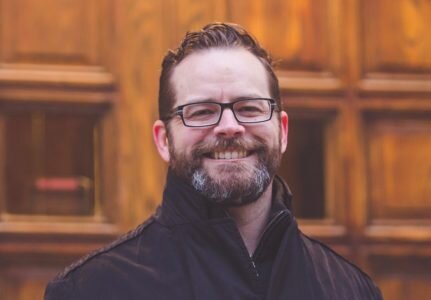What Makes Something Morally Good or Bad? Erik Wielenberg’s Theory (Part 2)
/Editor’s note: Adam Johnson has graciously allowed us to republish his video series, “What Makes Something Morally Good or Bad?” Find the original post here.
Erik Wielenberg has proposed an atheistic theory of where morality comes from. He claims that God is not necessary in order to have objective morality by which humans are required to live. Wielenberg’s theory has three main components: First, it is not a materialistic theory, meaning that it does not assume that the physical world is all there is. Second, Wielenberg’s theory proposes the existence of “brute ethical facts” that exist outside of nature which ground moral values and obligations. Third, Wielenberg says that these facts become applicable to human beings by something he calls the “making relationship,” whereby facts about circumstances in the world cause moral facts to become applicable to certain situations (to be instantiated). This lecture explains the main concepts of Wielenberg’s theory and also examines some objections to his theory.
Adam Lloyd Johnson serves as a university campus missionary with Ratio Christi. He also teaches classes for Midwestern Baptist Theological Seminary and spends one month each year living and teaching at Rhineland Theological Seminary in Wölmersen, Germany. Adam received his PhD in Theological Studies with an emphasis in Philosophy of Religion from Southeastern Baptist Theological Seminary in 2020.










